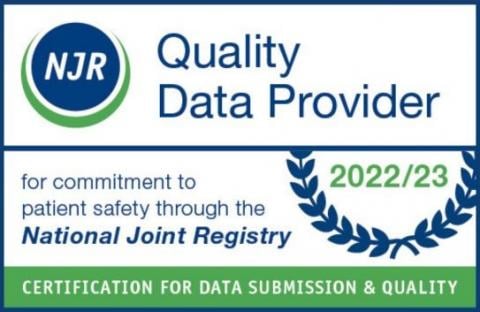Down's Syndrome is a chromosomal abnormality that affects 1:700 pregnancies in the UK and is the most common cause of mental and physical handicap. Although the individual risk of Down's Syndrome increases with age, the majority of Down's Syndrome babies are born to younger women. Therefore, all women whatever their age, have a small risk of delivering a baby with Down's Syndrome.
The only way to know for sure whether or not the fetus has a chromosomal abnormality is by having an invasive test such as CVS or Amniocentesis, but these tests carry a risk of miscarriage of about 0.5%.
However, an early scan in association with a blood test from the mother known as the Combined Test can give an accurate estimate of the risk of Down's Syndrome without a risk of miscarriage. The results of this Down's Syndrome test can help you decide whether or not to take the risks of other Down’s Syndrome screenings, such as a CVS or amniocentesis.
The Combined test for Down's Syndrome screening involves a scan performed between 11 – 13 weeks and 6 days, which measures the amount of fluid behind the neck of the fetus (nuchal translucency) as well as an early detailed examination of the fetus.
During the combined test, a blood sample from the mother is taken to measure the levels of two hormones produced by the placenta (ß·hCG and PAPP·A). The results of the test are normally available on the following working day.
If you would like to receive more information on Down's Syndrome Screening at New Victoria Hospital or to make an appointment, please call our Imaging Department on 020 8949 9030 or:
Consultants and Clinic Times

Related Specialities
Fetal Medicine
The New Victoria Fetal Medicine Clinic aims to provide the highest level of care in the field of prenatal diagnosis available in South West London. We recognise as well as bringing joy, pregnancy can…
Women's Health
At New Victoria Hospital, you will find a safe and welcoming environment where our highly-specialised Consultants will listen to your needs and provide the best preventative care. From Gynaecology…










